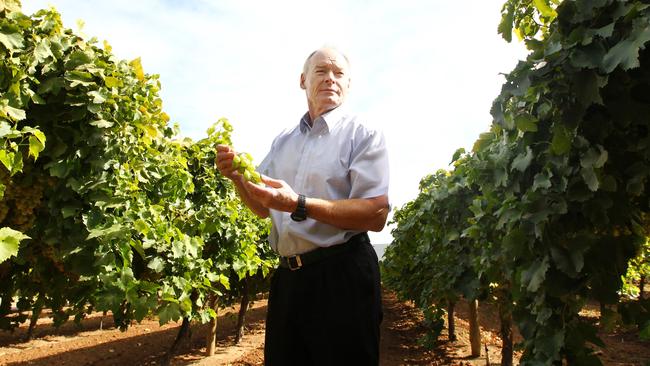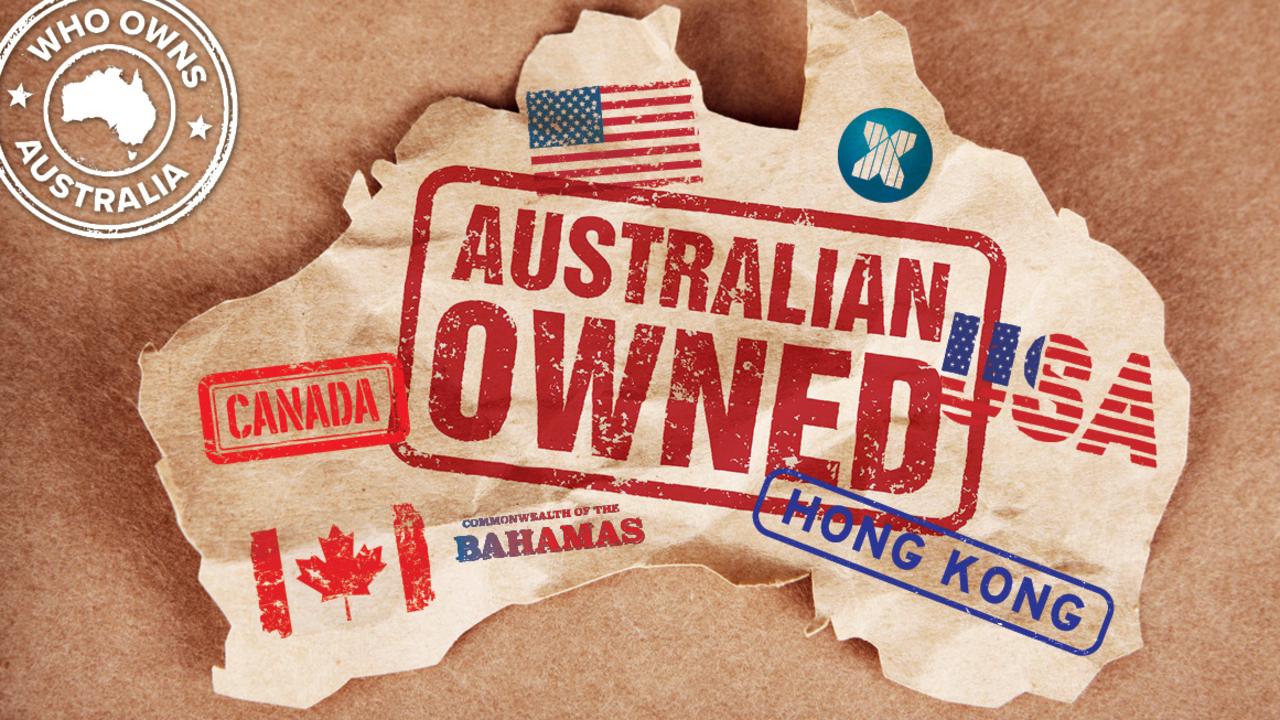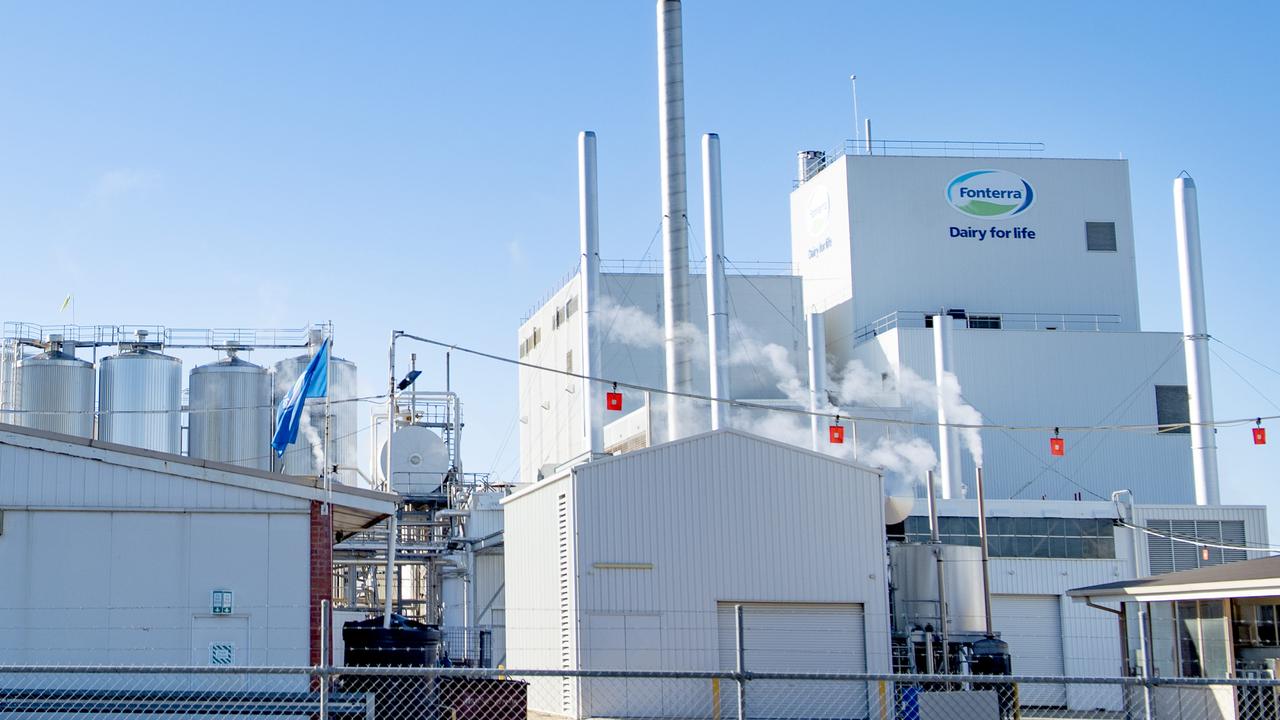$70 million in losses: Labour shortage bites stone fruit growers
Stone fruit growers have tallied their losses after another season with even fewer workers at their disposal and expensive freight.

Summer fruit growers are tallying their losses from another harvest without enough pickers and mounting hurdles to export, with nectarine, peach, plum and apricot growers putting the figure as high as $70 million.
That figure is expected to climb as Australia’s cherry, mango and table grape industries count the cost of a second season without backpackers – who have traditionally been the bedrock of their labour force but have returned home during Covid – and with climbing freight costs and a lack of flights that combined to make exporting unviable for many.
Summerfruit Australia chair Andrew Findlay said a survey of growers in the nation’s main growing regions of the Goulburn Valley, Swan Hill and Riverland found crop losses due to the inability to pick and pack or export were about 15 to 20 per cent across the board.
“We spoke to a lot of growers. When you talk to them about their losses in the field, it was because they were unable to harvest or they were in the packing shed because they didn’t have enough staff,” Mr Findlay said.
He said given the sector’s annual gross value of production was about $350 million, widespread losses in the realm of 20 per cent has cost the industry about $70 million.
Mr Findlay said state and federal government programs crafted to get more workers onto farms since Australia’s international border closed in 2020 had largely failed. The only lifeline in sight was the Ag Visa, he said.
“Our industry has been very reliant on backpackers and that pool of labour has virtually disappeared (during Covid). So what we’re asking for is real consideration given to where we’re going to find staff for next season. The Ag visa is a really good initiative,” Mr Findlay said.
Cherries Australia chief executive Tom Eastlake said it was difficult to quantify the sector’s losses yet, but knew labour would be the chief reason behind them.
“Three things influenced the crop; a lack of airfreight, a lack of workers and some regional areas got hit quite hard by weather events,” Mr Eastlake said. “We have an idea of losses but it’s difficult to pull it apart. It does seem anecdotally that labour was the principal factor for crop loss.”

Tablegrape growers still have another month or two left of their harvest, so the extent of the industry’s losses to export markets remains to be seen. However, Australian Tablegrape Association chief executive Jeff Scott said exports were already down 30 per cent this harvest compared to the previous year.
The horticulture industry is pinning its hopes on the Ag Visa, which is predicted to be available to growers later this year.
So far just Vietnam has signed up to the scheme, however there are hopes India and Indonesia will soon follow suit.
On Tuesday the Labor Party announced it intended to roll the Coalition’s Ag Visa into Australia’s existing Pacific labour stream visas, cutting off access to 10 ASEAN nations and the UK that have been invited to join.

This has been met with anger and disappointment from farmers and peak bodies. The National Farmers’ Federation’s chief executive Tony Mahar said Labor planned to keep the Ag Visa in name only, given it would be restricted to Pacific nation workers.
“The lived experience of farmers across agriculture shows the Pacific Labour Schemes, as effective as they are, do not adequately address farmer’s workforce requirements,” Mr Mahar said. “We need a visa that casts the net further.”
Vegetable body AUSVEG said Labor’s plan did not go far enough and would reduce the number of foreign workers on Australian farms.
AUSVEG chief executive Michael Coote said: “If the ALP had genuinely spoken to growers, it would know that the delivery of an Ag Visa is absolutely essential. The Ag Visa should not be restricted to a small number of nations, but all countries that want to provide an avenue for their citizens to come to Australia, work on our farms and earn a decent wage.”





